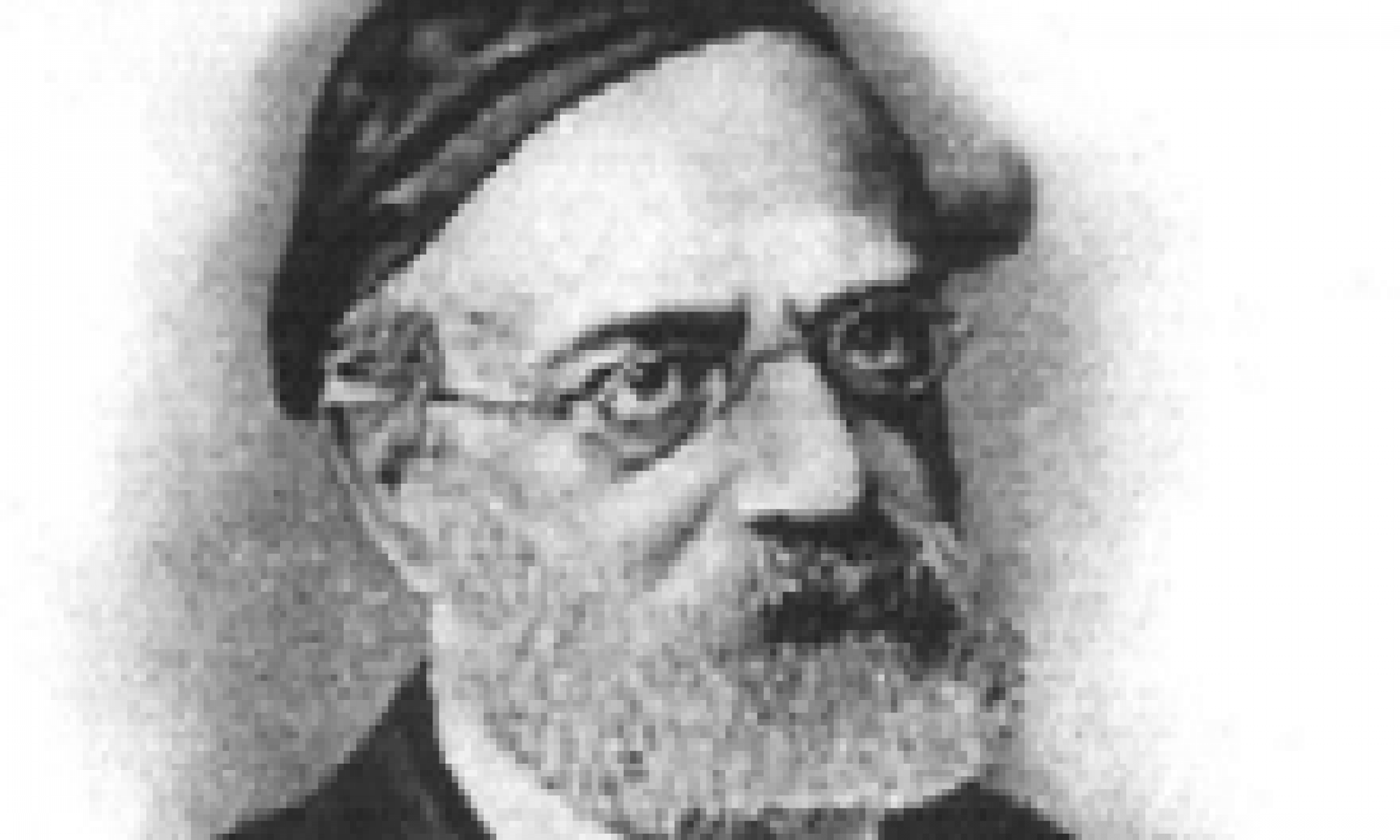מֵאֵלֶּה נִפְרְדוּ אִיֵּי הַגּוֹיִם בְּאַרְצֹתָם אִישׁ לִלְשֹׁנוֹ לְמִשְׁפְּחֹתָם בְּגוֹיֵהֶם (פסוק ה)
From these groups of nations branched out in their lands, each to its dialects, their families and their nations.
אֵלֶּה בְנֵי שֵׁם לְמִשְׁפְּחֹתָם לִלְשֹׁנֹתָם בְּאַרְצֹתָם לְגוֹיֵהֶם. אֵלֶּה מִשְׁפְּחֹת בְּנֵי נֹחַ לְתוֹלְדֹתָם בְּגוֹיֵהֶם וּמֵאֵלֶּה נִפְרְדוּ הַגּוֹיִם בָּאָרֶץ אַחַר הַמַּבּוּל (פסוקים ל”א-ל”ב)
These are the families of the sons of Shem, according to their families and dialects, in their lands, according to their nations.
These are the families of the sons of Noach, according to their generations in their nations; and from these the nations branched out over the earth after the Mabul.
_____
As opposed to what follows in Chapter 11, when a special Divine intervention disperses the nations, this chapter talks about a natural development due to the new conditions of man after the Mabul.
The word נִפְרְדוּ is used to describe the separation here. Later the word הפיץ is used which denotes a forced separation (brought about by Divine intervention).
The word for language here is לשון. The word used for language in Chapter 11 is שפה.
לשון is best translated as dialect and שפה as language.
As Noach’s descendants grew in number they naturally spread out. People were influenced and changed by external conditions. The one language initially spoken by all of mankind developed into various dialects. The separation in space and in language led to external separation, one nation from the other, becoming various גוים, and also led to internal bonds within each nation. Each nation linked within itself as משפחות בגויהם.
Beraishis 10: the entire chapter
commentary is on pages 252-253

